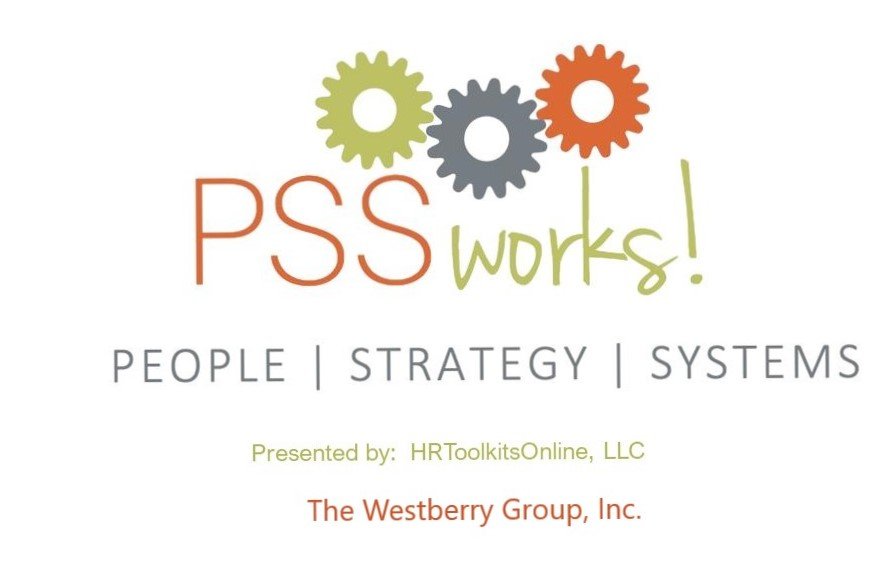What ‘Tommy Boy’ Can Teach Us About Culture
One of my favorite Chris Farley movies is Tommy Boy. It’s one of those stupidly hilarious movies that you can watch without too much intellectual exertion. But don’t let the silly humor stop you from learning an important lesson about business culture.
If you haven’t had the chance to see Tommy Boy, the story is based around Tommy’s Dad passing away and leaving the family business (Callaghan Auto Parts) in the hands of an immature Tommy, who has no business experience. Not to mention that it took him seven years to graduate from college.
To make a long story short…Tommy must hit the road to sell a large quantity of auto parts to save the company. But, what I always remember about the end of the movie is how the company employees and Board of Directors come together as a family, to do what they need to do to save the company. Like any good movie, it ends with the cheering employees showing Tommy that they love and appreciate him as much as they did his Dad.
The employees of Callaghan Auto Parts were a family. Tommy’s dad built a family business where all the employees were like family…a culture of trust, hard work, and dedication to each other and the business.
Creating a culture of trust in a company doesn’t happen overnight. If you’ve ever been to any of our leadership workshops, you’ve heard us use the term:
Powerless or Powerful
When you create a powerless team…you create a group of people who are afraid to think for themselves for fear of making a mistake.
When you create a powerful team…you create a healthy team who can not only think outside the box but who have a real interest in creating a successful company.
So how can you spot a Powerful Team?
Powerful teams take part with management, in communicating goals and objectives within the company. The have clear expectations of what is needed, and there is total buy-in.
Powerful teams never work in an environment of confrontation. They instill and support open conversation and communication. Management encourages communication to eliminate issues and to find solutions together.
Powerful teams hold themselves accountable. Deadlines and projects are important to them. They take ownership in the process.
Powerful teams win and lose together. They celebrate their wins and work hard to understand their loss. They protect from the inside out. They understand outside threats and ban together as a team to protect the company.
You can spot a powerless team a mile away…
A powerless team feels a lack of trust and respect from upper management. Management doesn’t feel that the team is smart enough to understand the goals or objectives, so they are given projects in piece meal to simply complete tasks. They have no idea what is expected of them, so in many cases, they fall short of completing tasks in a way that management finds acceptable.
A powerless team lives in a confrontational environment. Drama and tension are norms in a powerless team. Infighting is the norm, and HR spends a lot of time managing employee issues and productivity suffers.
A powerless team doesn’t understand accountability, because they have no skin in the game. They show up to collect a paycheck. How can they be accountable for anything when management doesn’t trust them enough to share the goals and objectives?
A powerless team watches celebrations from afar. Management takes the credit for wins and excludes the very team that may have worked to make the win happen. They must fight for themselves, so there is no loyalty to other teammates or the company.
Powerful Team Cultures…
In most cases, building a company culture happens naturally, based on how management treats employees and acts within the business. When business owners and management care about their employees and make genuine efforts to motivate, participate in their growth, and treat them with trust and respect, a healthy culture ensues.
Powerful teams protect the business and each other from the inside out. You can’t protect a business from outside threats when you’re too busy fighting internal ones.
Leadership Guidance Review:
Take some time this week to review your leadership style. Do you work hard at helping people feel powerful or are your actions creating a powerless work environment?
Email me and let me know your thoughts. Are you interested in learning how to create powerful teams? Hope to hear from you!

